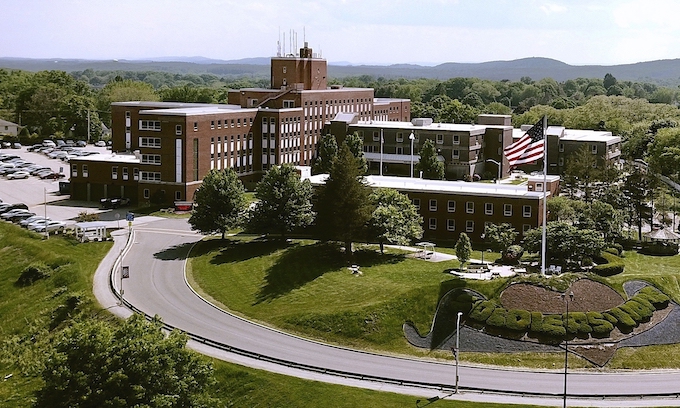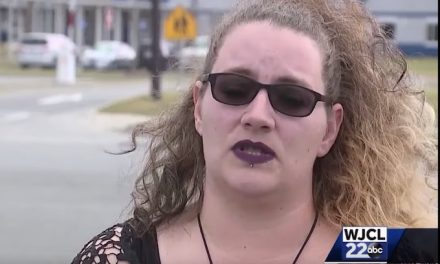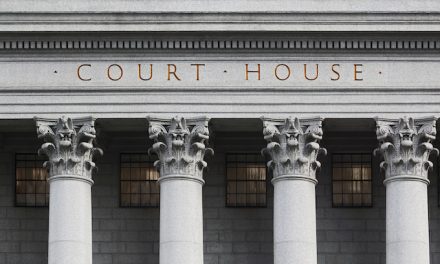Nearly 70 residents sickened with the coronavirus have died at a central Massachusetts home for aging veterans, as state and federal officials try to figure out what went wrong in the deadliest outbreak at a long-term care facility in the U.S.
While the death toll at the state-run Holyoke Soldiers’ Home continues to climb, federal officials are investigating whether residents were denied proper medical care while the state’s top prosecutor is deciding whether to bring legal action.
“It’s horrific,” said Edward Lapointe, whose father-in-law lives at the home and had a mild case of the virus. “These guys never had a chance.”
Sixty-six veteran residents who tested positive for the virus have died, officials said Monday, and the cause of another death is unknown. Another 83 residents and 81 staff have tested positive.
The home’s superintendent, who’s been placed on administrative leave, has defended his response and accused state officials of falsely claiming they were unaware of the scope of the problem there.
The superintendent, Bennett Walsh, said earlier this month state officials knew that the home was in “crisis mode” when it came to staffing shortages and were notified early and often about the contagion at the facility.
Staffing problems that plagued the home for years contributed to the virus spreading like wildfire, said Joan Miller, a nurse at the home.
Because staffing was so tight, workers from one unit were constantly moving to other units to help out — and bringing their germs with them, she said. At one point, a unit was shut down because there wasn’t enough staff to operate it, and those veterans were moved into close quarters in other parts of the building, she said.
“Veterans were on top of each other,” she said. “We didn’t know who was positive and who was negative and then they grouped people together and that really exacerbated it even more,” said Miller, who spoke through a mask during a break from her job at the facility.
“That’s when it really blew up,” she said.
The situation is now “somewhat contained” because there are so few veterans living there, Miller said. There were nearly 230 residents living at the home in late March and only about 100 remained on Monday, The Boston Globe reported.
Beth Lapointe said her father’s roommate tested positive for the virus in March — and later died — but her father was initially denied a test because he didn’t show any symptoms. As the virus spread, family members were kept in the dark about what was going on inside, she said.
“Every day I would ask different people, ‘What’s going on in there?’ And I would never get information,” she said.
Republican Gov. Charlie Baker’s administration has hired an outside attorney to conduct an investigation into the deaths. Massachusetts Attorney General Maura Healey is also investigating to determine “what went wrong at this facility and determine if legal action is warranted.”
And the U.S. attorney’s office in Massachusetts and Department of Justice’s Civil Rights Division are looking into whether the home violated residents’ rights by failing to provide them proper medical care.
The death toll at the home appears to be the largest at a long-term care facility in the United States, experts said.
“It’s also symbolic of how unprepared many nursing facilities have been,” said Dr. Michael Wasserman, president of the California Association of Long Term Care Medicine.
“Geriatricians and experts in long-term care medicine were sounding alarms at the beginning of March and we’ve essentially been ignored by everyone. Federal, state, local government and the nursing home industry,” he said.
____
Associated Press reporter Jim Mustian contributed to this report.
© 2020 The Canadian Press. All rights reserved.
—-
This content is published through a licensing agreement with Acquire Media using its NewsEdge technology.



















Recent Comments